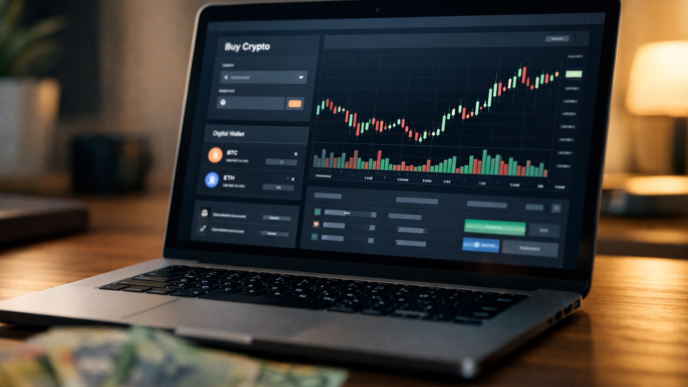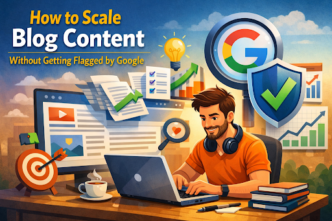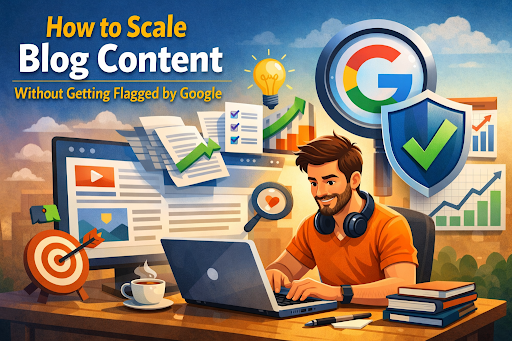In today’s fast-paced world, ensuring your business remains operational during power outages is crucial. Unexpected power cuts can disrupt operations, lead to data loss, and negatively impact customer experiences. Here are seven essential backup energy solutions for your business, ensuring you stay powered up no matter what. Read on to discover practical advice and reliable options that will help safeguard your operations.
1. Uninterruptible Power Supply (UPS)
A lifeline for critical systems
An Uninterruptible Power Supply (UPS) provides immediate backup power when the main power source fails. It’s crucial for maintaining uptime for critical systems like servers, workstations, and essential peripherals.
- How it works: UPS devices contain batteries that kick in instantly when power is lost, ensuring no interruption in operation.
- Benefits:
- Prevents data loss and hardware damage
- Keeps essential systems running during short outages
- Tip: Choose a UPS with sufficient capacity to support your most critical equipment.
2. Standby Generators
Reliable long-term solution
Standby generators are a robust solution for long-term power outages. These systems automatically activate when a power failure is detected, providing continuous power until utility service is restored.
- How it works: Generators run on fuel sources like diesel, natural gas, or propane, automatically switching on during an outage.
- Benefits:
- Provides power for extended periods
- Automatically activates without human intervention
- Tip: Regular maintenance and testing are essential to ensure reliable performance when needed.
3. Solar Power Systems
Sustainable and cost-effective
Solar power systems harness energy from the sun, offering a renewable and eco-friendly backup solution. With advancements in battery storage technology, businesses can store excess solar energy for use during outages.
- How it works: Solar panels convert sunlight into electricity, which can be stored in batteries for later use.
- Benefits:
- Reduces dependence on traditional power sources
- Lowers energy costs in the long run
- Tip: Assess your energy needs and invest in a system with adequate storage capacity for your requirements.
4. Portable Generators
Flexible and mobile backup
Portable generators are a versatile backup option, perfect for smaller businesses or temporary power needs. These units are easy to move and set up, providing power where it’s needed most.
- How it works: Portable generators convert fuel into electricity, supplying power to connected devices.
- Benefits:
- Convenient for temporary or emergency use
- Easily transportable to different locations
- Tip: Ensure you have a safe and secure place to store fuel for your generator.
5. Battery Storage Systems
Efficient and reliable energy reserves
Battery storage systems offer a dependable way to store energy for use during power outages. They can be charged from the grid, solar panels, or other renewable sources, providing a seamless transition during blackouts.
- How it works: Batteries store electricity that can be drawn upon when needed, ensuring continuous power supply.
- Benefits:
- Quick response time during outages
- Can be integrated with renewable energy sources
- Tip: Opt for high-capacity batteries to maximize the duration of your backup power.
6. Fuel Cells
Cutting-edge and efficient
Fuel cells generate electricity through a chemical reaction between hydrogen and oxygen. This technology offers a clean and efficient backup power solution, ideal for businesses seeking advanced energy options.
- How it works: Fuel cells convert chemical energy into electrical energy, providing a steady power supply.
- Benefits:
- Low emissions and environmental impact
- High efficiency and reliability
- Tip: Ensure a consistent supply of hydrogen fuel to keep your fuel cells operational.
7. Hybrid Energy Systems
Combining the best of multiple sources
Hybrid energy systems integrate various backup solutions, such as solar panels, battery storage, and generators, to provide a comprehensive and resilient power strategy. This approach ensures that your business has multiple layers of protection against power outages.
- How it works: Hybrid systems combine different energy sources to maximize reliability and efficiency.
- Benefits:
- Versatile and adaptable to different needs
- Enhances resilience and energy security
- Tip: Consult with an energy expert to design a customized hybrid system tailored to your business’s specific requirements.
Conclusion
Investing in reliable backup energy solutions is essential for keeping your business operational during power outages. By exploring and implementing these seven essential options, you can enhance your business’s resilience, protect critical operations, and maintain customer trust.













